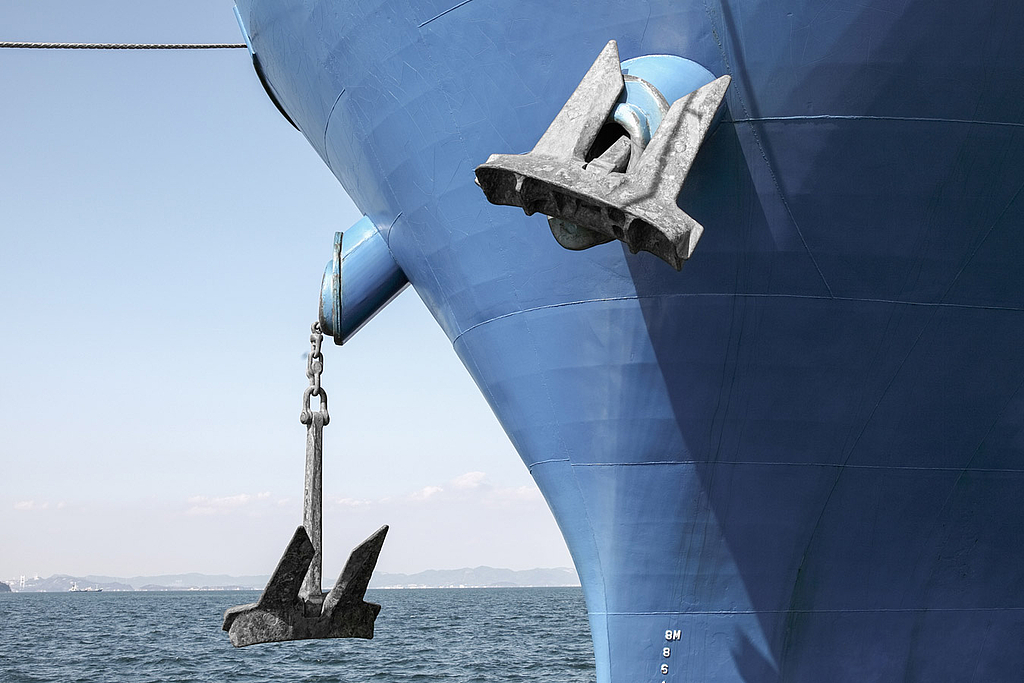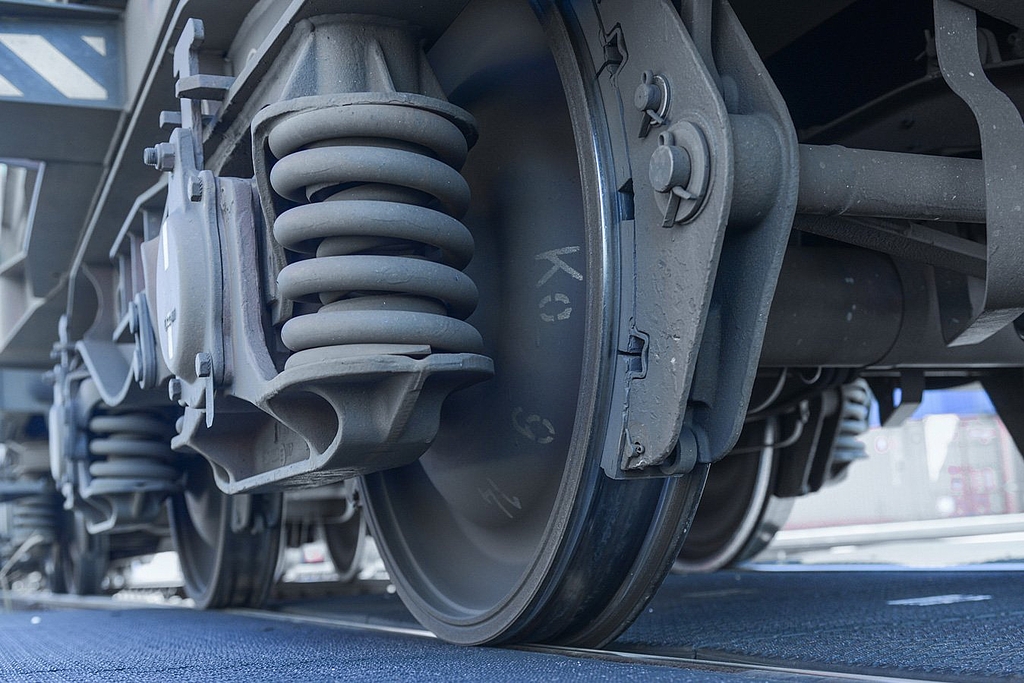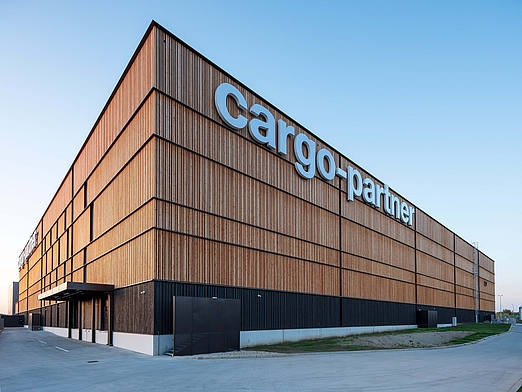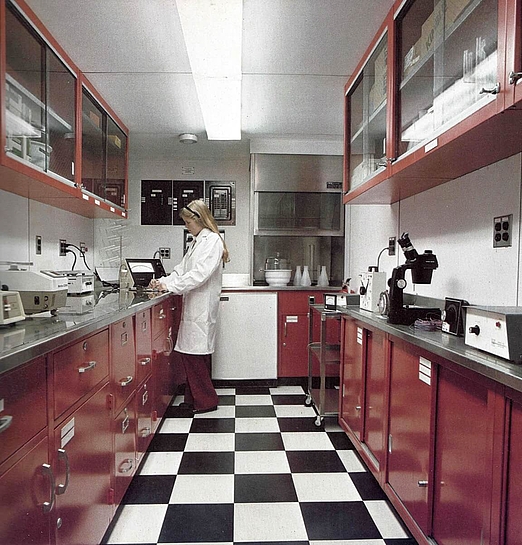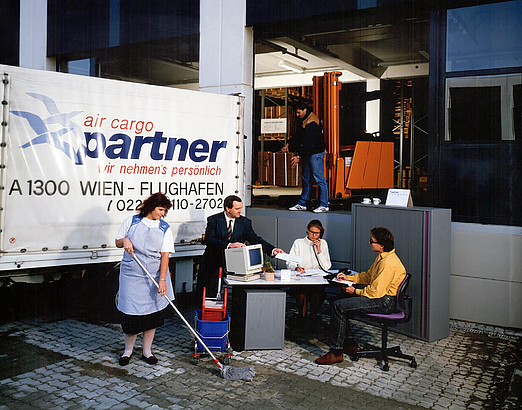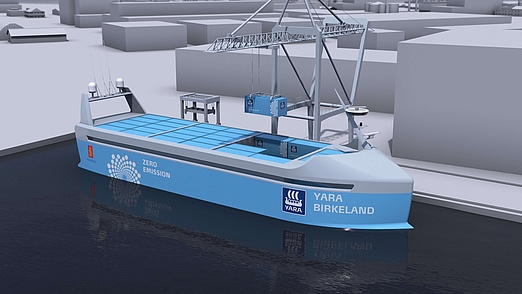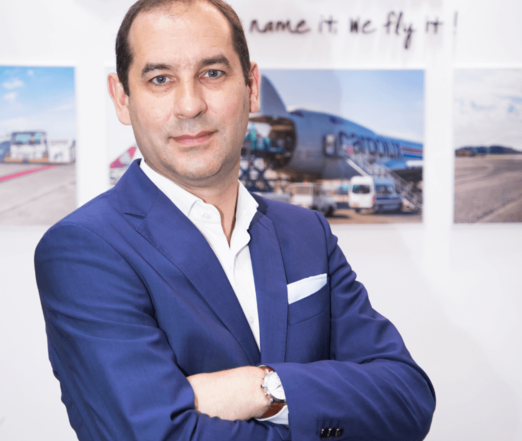“… two wings, two large engines, 100 t payload and 10,000 km reach.”
- Interviews
cargo-partner and Lufthansa Cargo are united by a long-standing collaboration. Out of this close collaboration emerged an excellent relationship with Dr. Alexis von Hoensbroech, who was CCO of Lufthansa Cargo until he changed to Austrian at the beginning of August. We took this opportunity and invited him to talk to us about the most recent developments in airfreight.
“The only cargo drone which has a chance of becoming reality in the remote future is one that has two wings, two large engines, 100 t payload and 10,000 km reach.”
Dr. Hoensbroech ventures a prognosis on the topic of drones.
“ …worldwide airfreight will be significantly bigger in 20 years than it is today.”
The newly appointed CEO of Austrian Airlines sees a lot of potential for airfreight in the future.
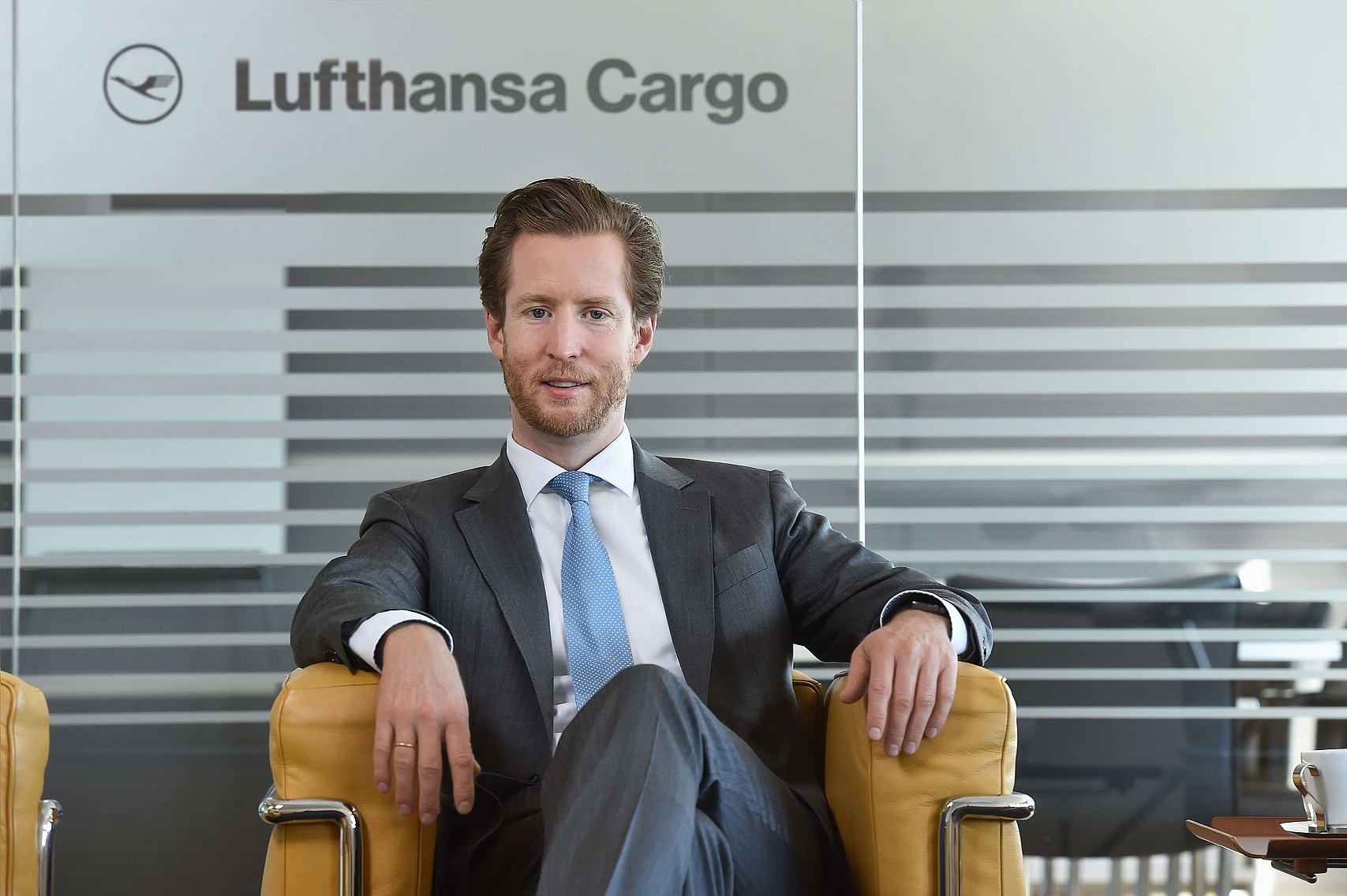

“Rail transport between China and Europe is set to gain significance in the foreseeable future – but only as long as China keeps massively subsidizing it.”
On whether the Silk Road could become a popular alternative to sea and airfreight.
“We’re connected by a similar DNA – the focus on quality, reliability and trust. It’s more about individual solutions…”
Alexis von Hoensbroech sums up the cooperation between cargo-partner and Lufthansa Cargo.
